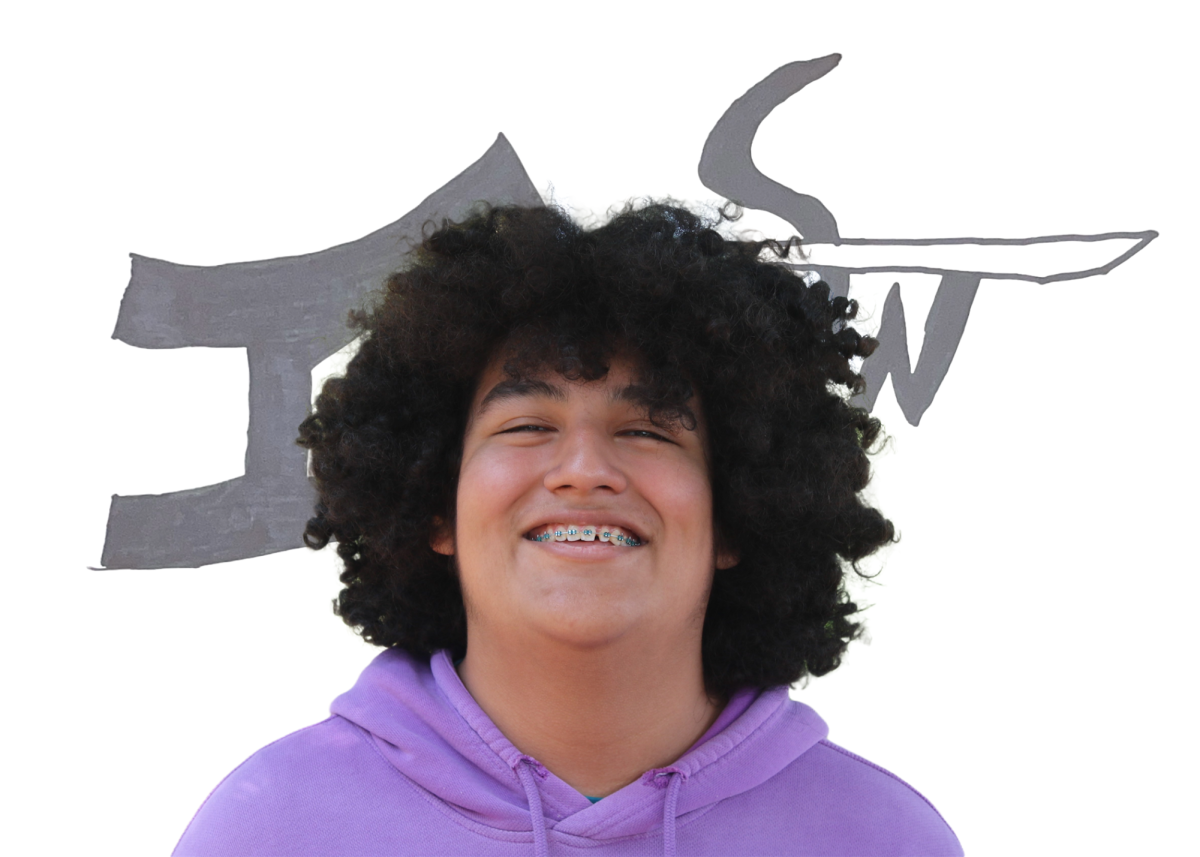We’ve been taught that cheating is academically dishonest, morally wrong and absolutely despicable since we began our journey into academia in elementary school. Despite this stigma associated with cheating, it is hard to go without noticing the various forms of cheating that occurs at seemingly every juncture in our high school: from plagiarism in essays, tests and homework to the more subtle asking of previous periods for “advice” on tests.
“[Cheating is] gaining an unfair advantage over someone else,” math teacher Carol Evans said. “It means putting yourself ahead of someone else by deception. Is that how you want to live your life? Unfortunately, some people would say yes.”
It’s this nonchalant acceptance that allows cheating to permeate into the culture and atmosphere of life as a student. After all, there is little consequence to those who get away with cheating, and bystanders have no incentive to tell teachers.
“It’s everywhere,” senior Lillian Zhou said. “I think students have become so numb to the idea of what exactly cheating is that they’ve allowed it to become kind of an accepted practice. It’s like ‘Oh, I didn’t study for this test but I’ll just ask a couple of my friends from the early period about what it was like and then I’ll look up the FRQ.’ And, somehow, many students begin to think it’s remotely okay.”
Many delude themselves into the presumption that if everyone cheats, it becomes justifiable. However, it is not fair for a student who cheats to be seen as equally successful as harder working students who truly understand the material. Though this may seem trivial at first, the recent surge in competitiveness of college admissions means a student’s peers’ academic performance is more relevant than ever before. The overproliferation of the practice also pits students who opt to take regular classes at a disadvantage.
“Some kids say ‘We’ll just all get A’s,’” Evans said. “‘Yeah so we’ll all get A’s [and] so we’ll all cheat and then I didn’t hurt anybody.’ Well you did because you took an honors class and got an A and another kid knew the honors class was going to be too hard for them and so they took a regular class and got an A. Is that fair? … [Colleges] only have so many slots.”
Not only are some students ignorant of the impacts of cheating on other students, they are also confused about the ethics of what they are doing. However, this is not completely their fault; the current cheating policy only seeks to punish students for academic delinquencies, and there is little guidance from the school to educate them on what was wrong with their action.
“Sometimes [as teachers], we don’t do a good job of teaching students the moral aspects of what we are doing,” economics teacher Derek Miyahara said. “When we divorce what we’re doing in the classroom from the moral aspects of what we’re teaching, then it’s pretty easy how those things get split apart in students’ minds, and they conclude that one doesn’t affect the other. Students need to be given the opportunity to learn the consequences of their behavior and reflect on what their actions mean.”
However, the administration has recently stepped up to correct these problems by considering a change to the cheating policy. Tentatively planned to be implemented at the beginning of the next school year, the new policy aims to handle various levels of offenses more appropriately and provide a medium for students to reflect on their misdoings.
“We want to have a school in which cheating is seen as wrong, and when students get caught, they walk out knowing what was wrong, why it was wrong, and not wanting to do it again,” Assistant Principal Galen Rosenberg said.
The current policy is essentially a “one size fits all;” regardless of how severe the offense, whether it be copying one homework assignment or plagiarizing an entire paper, students received a zero on the assignment. However, this will no longer be the case come August; though the specifics are still under discussion, the new policy plans to establish an entire hierarchy of levels of cheating, with each tier being handled in different ways.
The new policy integrates “restorative justice” into its system. The idea is to have the offender, victim(s) and a moderator discuss the effects of the act on the victim(s) and community, and devise a plan for the offender to compensate.
This aspect of the new policy effectively accomplishes what the current policy cannot: turning the misconducts of students into educational opportunities. Now, not only are students able to reflect on their actions, they have the chance to learn about the impacts on their peers, and actively seek to restore the damages.
“We want [the person who cheated] to understand that they don’t live in this microworld of their own desires for higher grades or not wanting to do homework, and that it really costs other people,” Rosenberg said. “The problem with the traditional [cheating policy] is that the person who does something wrong feels victimized by getting punished, and there’s no reflection on the original act and its consequences, and no real acceptance that they deserved it.”
From the many successes in the history of its applications to dealing with crime and encouraging good behavior, the “restorative justice” approach hopes to mitigate the harm inflicted by academic misconduct, and drastically reduce the number of repeat offenses. It is even being considered to be implemented in other disciplinary systems within the district, with an initial meeting to be made with Mountain View High School on March 19.
Though the new policy effectively addresses many of the current problems associated with cheating at our school, there is still one main intrinsically-occuring issue: the inherent belief of many students that the value of the grade ultimately supersedes the learning process and other experiences within the classroom. No matter how much the policy is changed, cheating will continue to occur at the school if students don’t realize that learning comes before the report cards and transcripts.
“If students come out of high school with the experience that it’s all about [the end result], without considering the ethical or reflective aspects of learning, then they’ll wind up cheating wherever they go,” Miyahara said.








